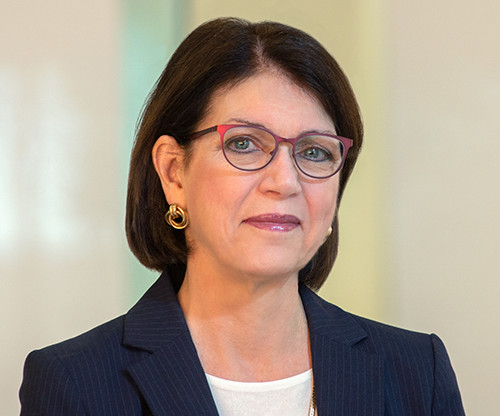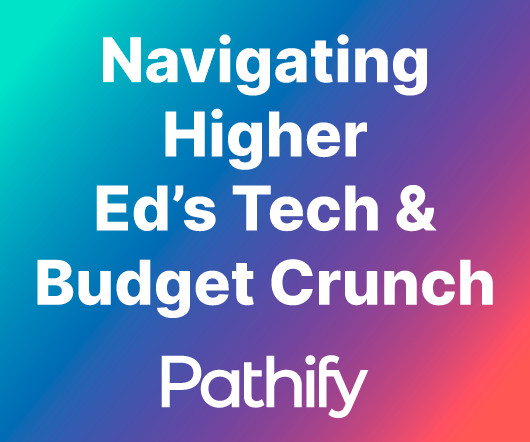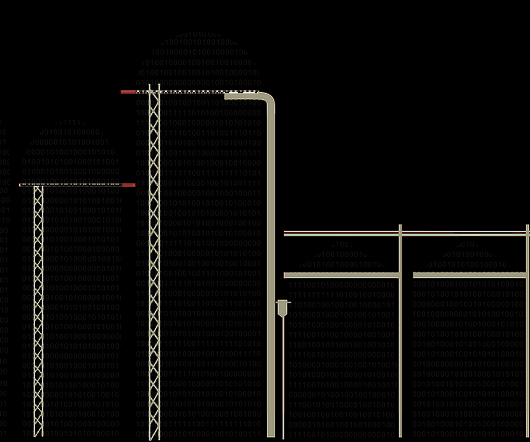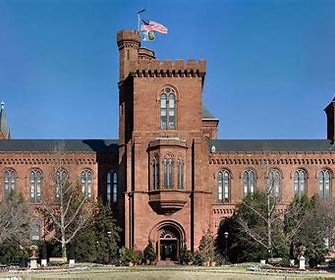Bridging the Gap: Why Intergenerational Learning is Crucial Now More Than Ever
Diverse: Issues in Higher Education
MARCH 30, 2025
Dr. Maureen Ruby According to the Stanford Center on Longevity, The hundred year life is here. And were not ready. The Center identified 10 principles to guide working through the challenges of longevity and capitalize on the opportunities. As a soon-to-be septuagenarian, current university faculty member and educational researcher, the guiding principle learn throughout life resonates with me.






















Let's personalize your content